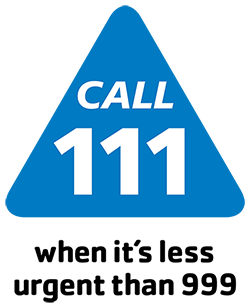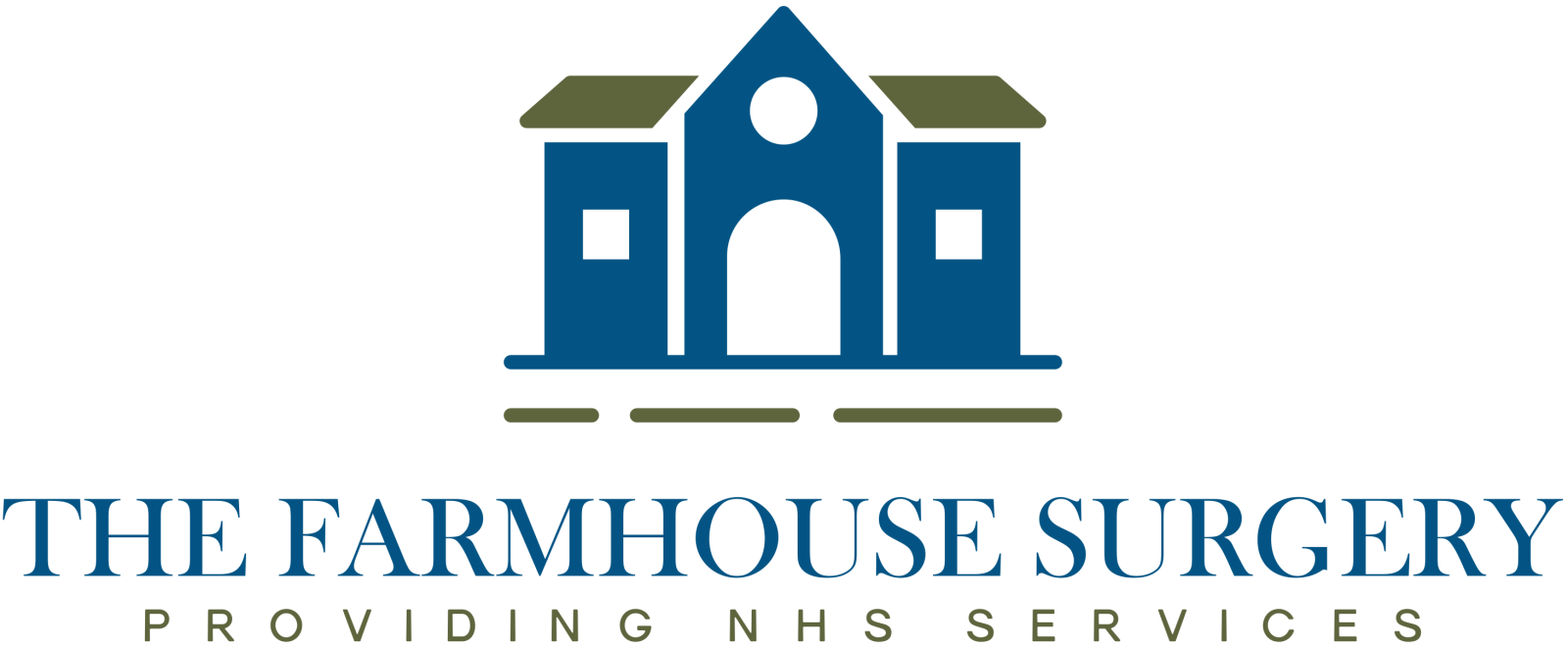When We Are Closed
- Get the right treatment for your symptoms.
- Choose the right NHS service.
- Choose well.
Attending the emergency department (A&E) and dialling 999 should be for emergencies only. Locally, there are a number of other places to go to get advice, support and treatment.
Please make sure you go to the right place for your symptoms - last year over 50% of people who went to the emergency department could have been treated elsewhere and did not need emergency treatment.
If you require urgent medical advice but it's not a life threatening situation call NHS 111

In a genuine emergency you should call 999. Chest pains and / or shortness of breath constitute an emergency.
Emergency medical care outside practice opening hours of 8.30am to 6.30pm Monday to Friday passes to Dorset Emergency Care Serivce.
If you become unwell and require urgent medical attention or advice that cannot wait until the surgery is open, please call 111.
This service cannot help with routine enquiries, such as the booking of appointments or repeat prescriptions.
What is NHS 111?
If you need medical help fast but it's not a life threatening situation, you can now call the new NHS 111 number. When you call 111, a trained adviser will ask you questions to find out what's wrong, give you medical advice and direct you to someone who can help you, like an out-of-hour doctor or community nurse.
If the adviser thinks your condition is more serious, they will direct you to hospital or send an ambulance. If you don't speak English, tell the adviser what language you want to speak and they will get you an interpreter. You can call 111 any time of the day. The call is free, from landlines and mobiles (although pay-as-you-go mobiles must have at least 1p credit).
When Do I Use It?
You should only call 999 in an emergency - for example, when someone's life is at risk or someone is seriously injured or critically ill.
Call 111 if you need medical help fast, but it's not life-threatening - for example, if you:
- think you need to go to hospital
- don't know who to call for medical help
- don't have a GP to call
- need medical advice or reassurance about what to do next
For health needs that are not urgent, you should call your GP.
If a health professional has given you a number to call for a particular condition, you should continue to use that number.
For further information please click on the links below:
We use cookies to help provide you with the best possible online experience.
By using this site, you agree that we may store and access cookies on your device. Cookie policy.
Cookie settings.
Functional Cookies
Functional Cookies are enabled by default at all times so that we can save your preferences for cookie settings and ensure site works and delivers best experience.
3rd Party Cookies
This website uses Google Analytics to collect anonymous information such as the number of visitors to the site, and the most popular pages.
Keeping this cookie enabled helps us to improve our website.
